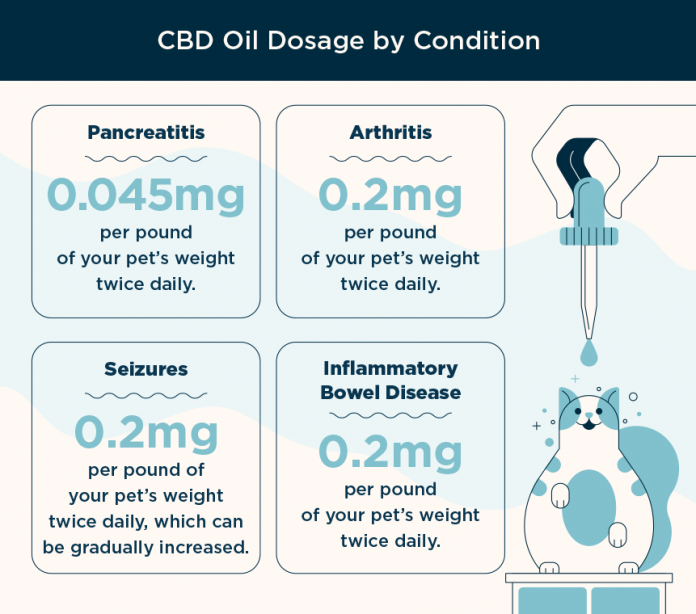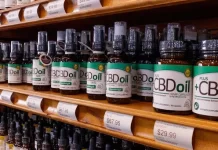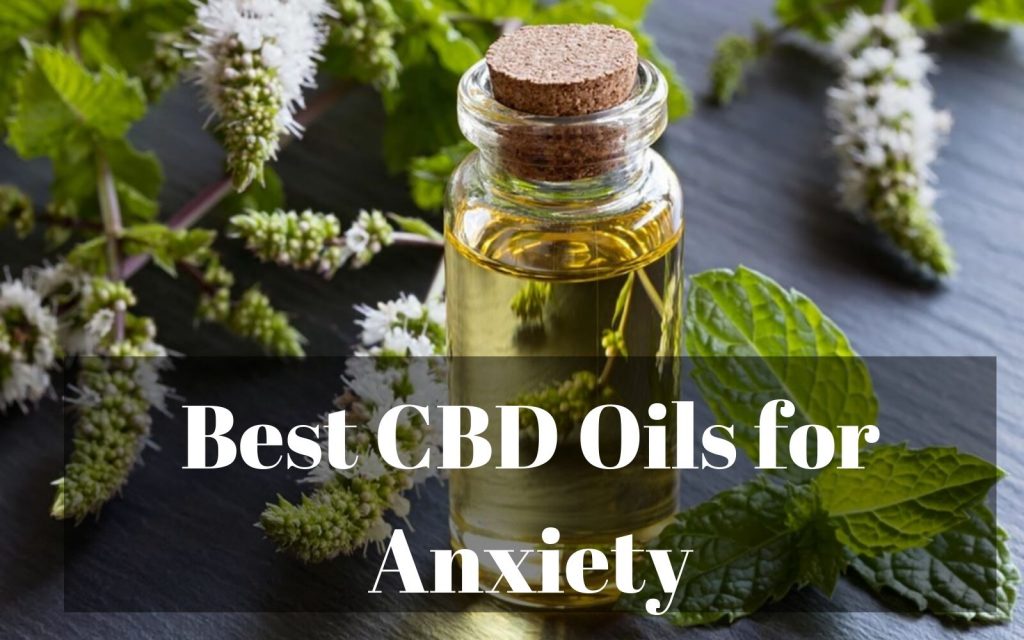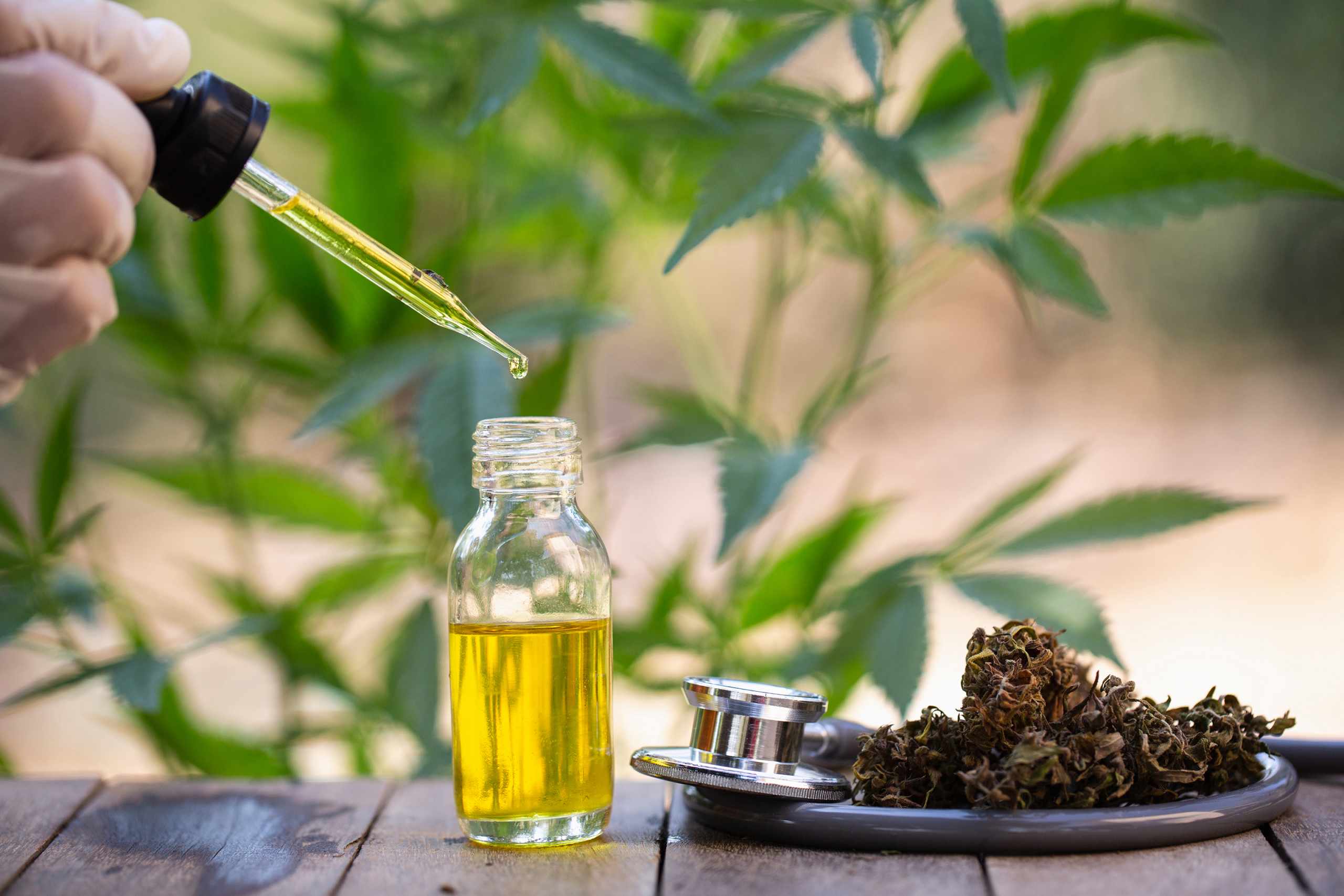CBD dosage – what is the right dose?
CBD is short for cannabidiol, a component of hemp and cannabis that does not have intoxicating properties and has many health benefits. One of the most common questions is: “What is the right daily dose of CBD for me?” By searching Google CBD Oil Dosage, you will find many different dosages for different products. The truth is that this tricky question is challenging to answer.
The CBD Oil Dosage
The dosage depends entirely on the effect you want to achieve with it. However, everyone reacts differently to CBD. Find the most appropriate dosage.
It is advisable to start with a small CBD oil dose and gradually increase it to accustom the body to the CBD slowly. For example, start with one drop per day and increase the number of dots per day with one more.
Increase until an effect is felt or until the maximum recommended intake level is reached. The latter varies by product, CBD concentration, and manufacturer.
CBD oil drops can be taken 1-3 times a day at different times of the day. If you decide to take CBD Oil Drops or CBD Oil Capsules only once a day (and certainly in the beginning), consider whether you want to take them in the morning or the evening before going to bed. This entirely depends on how you feel after taking this product.
When using CBD oil capsules, pay attention to the CBD contained in hemp oil. A dosage recommendation must accompany each product.
CBD has no known side effects; however, you shouldn’t overdo the dosage. CBD is effective even in small doses and may be less effective in high doses. Increasing the amount may not necessarily have the best effect. This is especially true for cannabinoid-based products. When buying CBD oils, always check the recommended dose of the product in the product descriptions.
As you can see, the CBD oil dosage is very individual. There is no fixed dose for all people and all diseases.
What is the right CBD Oil Dosage?
CBD is a natural plant compound, safe to consume even according to the World Health Organization (WHO) 1, as long as it is free of toxins. However, it is understandable that people may need some advice when it comes to the recommended daily dosage.
We have put together this simple dosing guide, which follows the dosage guide spelled out in the book titled “CBD: A Patient’s Guide to Medicinal Cannabis” by Leonard Leinow and Juliana Birnbaum 2. Leonard Leinow founded Synergy Wellness, a nonprofit medical cannabis collective in Northern California, and has 30 years of experience growing and studying medical cannabis. They are CBD specialists, pioneers in this area. Juliana Birnbaum has lived and worked worldwide and founded Voices in Solidarity. This initiative partnered with tribal leaders in the Brazilian Amazon to support a community-led environmental education center.
This book is an excellent resource for those new to CBD and its medicinal properties. The book provides a wealth of information on CBD, from the history of its use, dosage, CBD Hemp Oil studies of its use for a variety of diseases, and much more. Unfortunately, it is not available in Italian, but you will find much useful information based on this volume.
Recommended dosage
Many factors need to be considered when looking for the perfect dosage for your CBD product. Some of the elements that play an essential role in the use of CBD are:
- The medical condition or type of problem
- How severe is the problem/pain
- Metabolism
- How our body reacts to CBD
- Bodyweight
- Sensitivity to cannabis
- Personal body chemistry (this applies to any drug)
So how much CBD should you take?
Based on the book’s guidelines, we recommend the step-up approach, i.e., gradually increasing the dose until the desired results are achieved. The term used in the book is “Titration.” It is a term borrowed from chemistry that means to advance in small steps to allow for a slow adjustment. Using this method, you are gradually adjusting the amount of oil to find the right dose. Each person is different, and everyone reacts differently to CBD.
Step-Up Method
As mentioned, the Step-Up method is recommended to find the ideal dosage:
- Leinow & Birnbaum recommend in their book “CBD: A patient’s guide to Medical Cannabis” to start with a microdose, a standard dose, or even a macro dose, depending on the type of symptoms.
- If you have chosen one of the dosing tables (see below), look for your body weight in the left column. Once you have found the corresponding approximate value, use it as a guide to starting from.
- Start with the lowest daily dose, step 1. This is your starting dose. Continue with this dosage for one to two weeks.
- Listen to your body and take notes if necessary. It is possible to increase the dose in the next step. CBD Hemp Flower keeps it for one or two weeks and so on. It is advisable to take the drops by dividing them between morning, noon, and evening.
- If adverse effects are noted, reduce the dose. It is not about continually increasing the dosage but about finding the ideal amount. Due to the two-step effect, both too low and too high, a dose may be ineffective.
- Once you have found a dose that you feel comfortable with, stick with it. This will be your ideal dosage from now on.
In the following graphs:
The numbers represent the number of drops and the concentration of CBD oil. Example: 6 x 5 stands for six drops of 5% CBD oil. CBD oil with different concentrations can be substituted (for example, four drops of 15% CBD oil correspond to twelve drops of 5% CBD oil).
MicroDose
0.5 to 20 mg of CBD per day (CBD / dose/day) is a microdose that many users take for the following situations:
- sleep disorders such as insomnia
- migraines and other types of headaches
- mood swings
- nausea and symptoms of menopause
- PTSD – Post Traumatic Stress Disorder
- stress and restlessness
- metabolic disorders
For the micro dosage, we recommend 5% CBD oil. A 5% drop of fat contains 2mg of CBD.
Standard dose
10mg to 100mg of CBD / serving per day. Traditional doses are used for the following situations:
- chronic pain
- inflammations
- autoimmune diseases
- Lyme disease
- anxiety disorder
- depression
- fibromyalgia
- multiple sclerosis
- autism
- Crohn’s disease and IBS (irritable bowel syndrome)
- rheumatoid arthritis
For a standard dose, we recommend 15% or 20% CBD oil. One drop of 15% CBD oil contains 6mg, and one drop of 20% CBD oil contains 8mg.
For 15% CBD oil: 3 drops 3 times a day = 54 mg of CBD
For 20% CBD oil: 3 drops 3 times a day = 60 mg of CBD
Macro (or Therapeutic) Dose
The macro does in the high range between 50 – 800 mg of CBD per day. This may be recommended for the diseases listed:
- symptoms of cancer
- epilepsy – Dravet, Lennox-Gastaut syndrome
- liver disease
For the macro dose, we recommend 30%, 40%, or 50% CBD pastes.
30% paste: 1 milliliter contains 300 mg of CBD
40% paste: 1 milliliter contains 400 mg of CBD
50% paste: 1 milliliter contains 500 mg of CBD
General dosage guidelines
It is important to remember that there is no single dosage when it comes to CBD. The dose varies from person to person, depending on many factors mentioned above. The good idea is to ask your doctor for advice on how much CBD you should be taking.
- Decide which type of CBD product is best for you. For more information on how to take CBD, check out this article. Click here
- Don’t take too much CBD. It is important to note that in CBD therapy, often “less is more.” If you are not getting the desired results from a high dose, you should consider lowering the dosage rather than increasing it. This method has helped many patients with CBD bath bombs find the best dosage to treat their particular condition in a given period. Remember that you may need to adjust your dosage from time to time. Monitor results and adjust doses as needed.
- If you are already taking other prescription drugs, be aware of possible side effects and drug interactions. It would help if you discussed this with your doctor. Please read this article about it: Interaction between CBD and other drugs.
Seeing a doctor is always a good idea.
In case of illness, always consult a doctor before consuming CBD. Any information contained or made available through any marketing material is not intended to be used as CBD Oil Dosage or, instead of health advice or information from licensed physicians. Please consult a licensed healthcare practitioner regarding any interactions with other medications before using CBD products.









